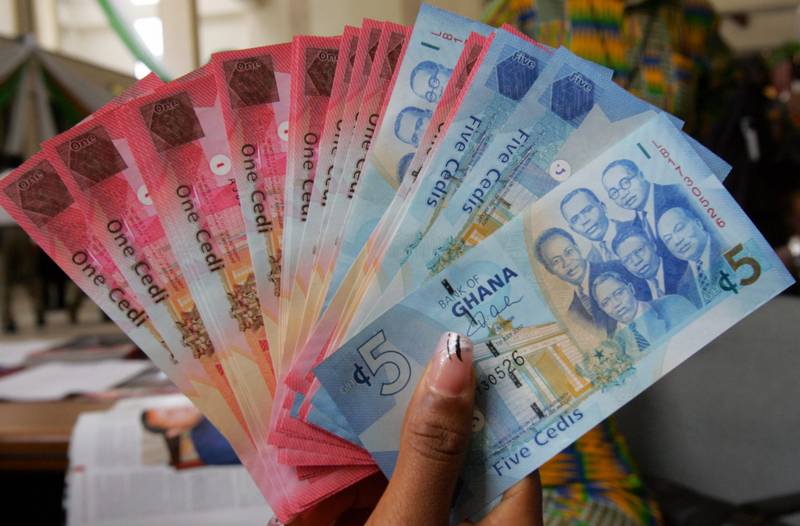Ghana’s national currency, the Cedi, will celebrate its 60th anniversary as the country’s sole legal tender on 19th July 2025.
First introduced on 19th July 1965 to replace the Ghanaian Pound, the Cedi has since stood as a powerful emblem of Ghana’s economic sovereignty and progress.
Over the past six decades, the Cedi has undergone several transformations—both in design and in policy direction—to meet the evolving needs of the Ghanaian economy. These changes reflect the nation’s resilience, adaptability, and commitment to financial stability. From the early banknotes and coins to the secure currency in circulation today, each phase of the Cedi’s evolution tells a story of innovation and reform.
To honour this significant milestone, the Bank of Ghana has announced a six-month nationwide commemoration, running from July through December 2025. The programme will include official launch events, public exhibitions, educational campaigns, and stakeholder forums aimed at deepening public appreciation for the currency’s journey.
A press release signed by Bank Secretary Sandra Thompson (Ms.) on 13th May 2025 noted that the anniversary is an opportunity for national reflection.
“The anniversary offers an opportunity for Ghanaians to reflect on the history of the Cedi, to celebrate the progress made, and to reaffirm our collective responsibility to protect the value and integrity of the currency. In addition to being a medium of exchange, the Cedi is a symbol of our pride, heritage and shared aspirations for a prosperous future.”
The Bank of Ghana is inviting the public, institutions, organisations, stakeholders, and development partners to participate in the upcoming events. Full details of the celebration schedule will be made available in due course.
The statement also reaffirmed the Bank’s ongoing commitment to price stability, noting:
“The Bank of Ghana is committed to maintaining a stable Cedi in pursuit of stability in the general level of prices.”
As the Cedi reaches this historic milestone, the central bank sees the commemoration not only as a celebration of the past but also as a reaffirmation of its role in building a stable and prosperous economic future for Ghana.


